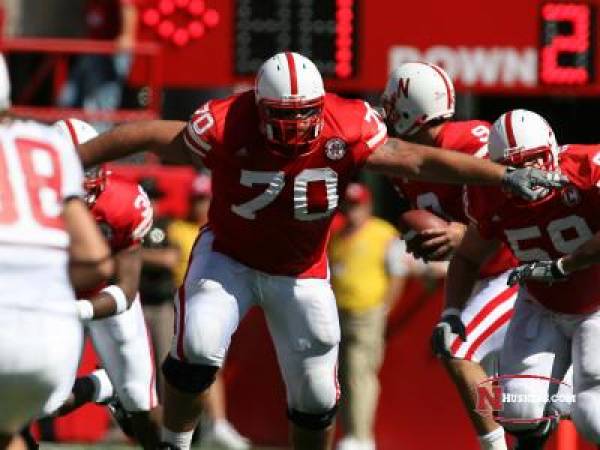NCAA Should Work With Nevada, Not Boycott It

Reno Gazette Journal (Editorial)
Alcohol is off limits to everyone under 21, yet there are students on nearly every college campus drinking beer regularly -- often to excess and, on rare occasions, with tragic results.
What's true of alcohol also is true of gambling, which is illegal except in state-licensed facilities, none of which are on college campuses. But does anyone, outside of the National Collegiate Athletic Association, really believe that students aren't betting on football and basketball games? Does anyone really believe that bookies and big-time gamblers aren't working to turn the odds in their favor by trying to affect the outcome of games, even though it's illegal?
Of course not.
Yet the NCAA is determined to punish the one state where betting on games is legal and, more important, tightly controlled.
So far the organization, which has near-monopoly control of collegiate athletics in the U.S., has failed to convince Congress to ban betting on its games nationwide. A ban on sports betting that was approved in 1992 exempted four states, including Nevada. Only Nevada allows betting on games; Delaware is working on a plan to join in.
Last week, the NCAA lost again when a federal judge rejected a lawsuit that sought to prevent Delaware from authorizing betting on games.
The NCAA's reaction: It quickly moved to boycott any state that allows betting on collegiate sports -- i.e. Nevada, and possibly Delaware some day -- barring it from hosting any NCAA championships.
Unless the ban is extended to conference tournaments, the NCAA's action won't have a major impact on Nevada. There already seemed to be an unofficial boycott of the state for major championships, though the University of Nevada, Reno, did host a regional skiing tournament in March. It's long been clear that Nevada would never host an NCAA basketball tournament game. (The University of Nevada has hosted numerous Western Athletic Conference tournament events, and the WAC basketball tournament will move to Las Vegas, which often hosts events for other conferences, in 2011.)
But last week's decision by NCAA presidents and chancellors was a slap in the face of a state that has refused to roll over to its demands for at least two decades.
And, unfortunately, the decision will have no impact on the very problem that the NCAA is trying to solve.
University of Nevada Athletic Director Cary Groth, who previously held the same position at Northern Illinois University, explained it well when she told the RGJ last week that it was more difficult to monitor student gambling in Illinois, where it's illegal, than in Nevada, where it's legal.
But Nevada and Delaware, with mid-level athletic programs, are easy targets. More populous states such as Illinois, that have big-time, big-revenue athletic programs, are tougher. So the NCAA chooses to boycott the small states.
That's particularly troubling because the legal sports books in Nevada are among the best friends the NCAA has. Cheating is anathema to the legal bookmakers, just as it is to the NCAA, and they are the first ones to notice when something untoward is going on. Alienating them won't help the organization solve its gambling problem.
The NCAA should be working with Nevada, not boycotting it.













